For those of you who like your reality virtual and your software open, there are options — such as this nifty headset our Phil Shapiro found while searching YouTube.
The Screening Room
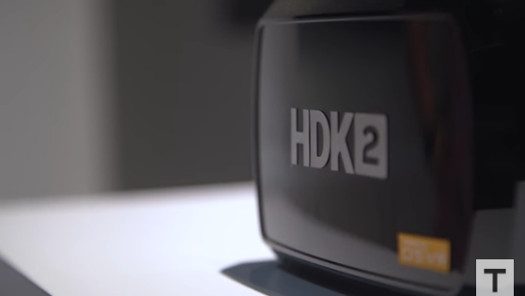
Virtual reality is the big deal these days and it’s great to see open source is alive and well in this realm. This newly uploaded video shows one of the VR solutions open source enthusiasts can explore and enjoy, the Razer OSVR HDK2 virtual reality headset.
For the past 10 years, Phil has been working at a public library in the Washington D.C.-area, helping youth and adults use the 28 public Linux stations the library offers seven days a week. He also writes for MAKE magazine, Opensource.com and TechSoup Libraries. Suggest videos by contacting Phil on Twitter or at pshapiro@his.com.




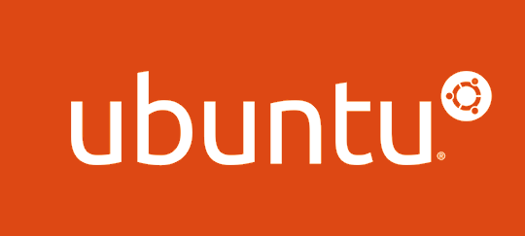



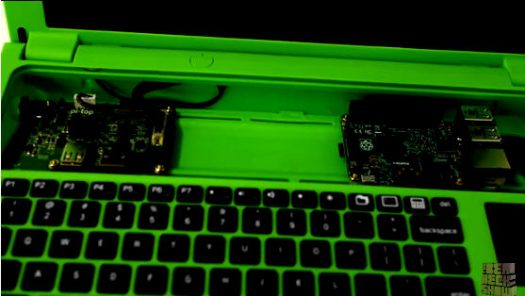



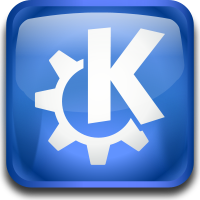
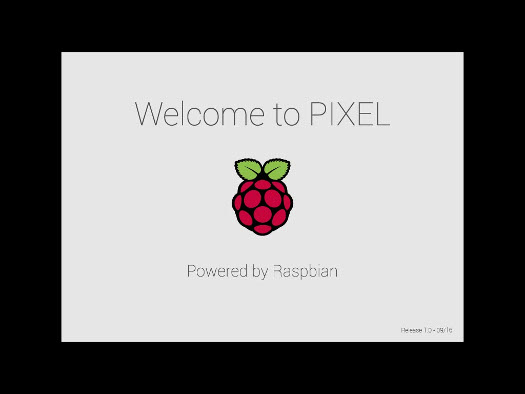

 Digital Homicide commits suicide: In a story that’s been brewing for a while now, it seems that game company Digital Homicide was given enough rope to…well, you know. It seems that the publisher had gotten in the habit of suing any Steam user who dared to post a bad review about one of its games, and actually
Digital Homicide commits suicide: In a story that’s been brewing for a while now, it seems that game company Digital Homicide was given enough rope to…well, you know. It seems that the publisher had gotten in the habit of suing any Steam user who dared to post a bad review about one of its games, and actually